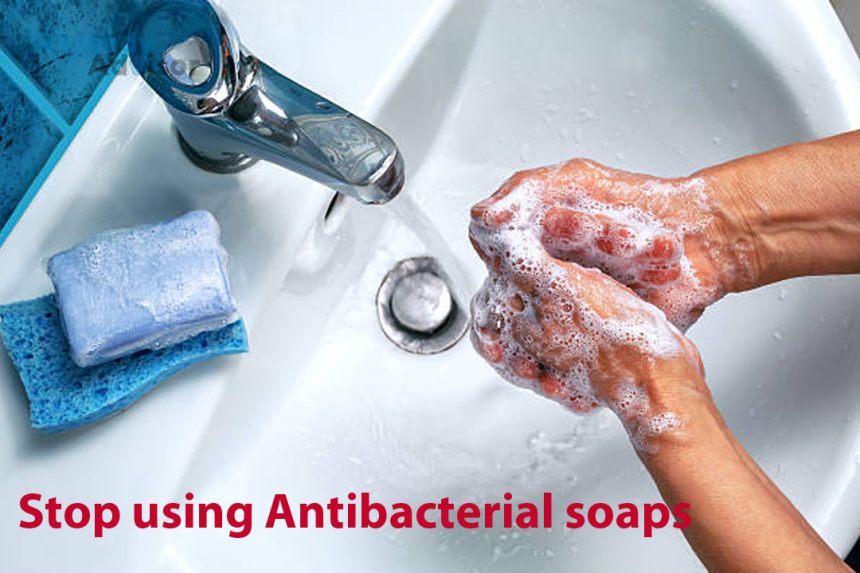Consider a mother and a father with four children during the cold and flu season. Inevitably, when one child gets sick, the entire family does. The question is, how do you keep the germ of the day from knocking out the whole household?
According to Michael Carlston, MD, former assistant clinical professor of family and community medicine at the University of California, San Francisco, School of Medicine, the best advice is age-old advice wash your hands. Wash your hands before eating, before leaving the bathroom and anytime they are dirty, he says. But, here’s the fascinating part of his advice…
Don’t wash with antibacterial soap!
Dr. Carlston’s objections to using anti-bacterial are not that these products don’t work, but that they work too well.
Dr. Carlston explains that anti-bacterial get rid of the “friendly” bacteria that humans need. What’s left are the more virulent strains that can harm us, minus a lot of the “friendlies” that protect us from the dangerous ones. The use of antibacterial soap actually puts people at a disadvantage. In a study published recently in the Annals of Internal Medicine, researchers found that subjects who used antibacterial soap got just as many runny noses and upper respiratory illnesses as those who did not.
Getting sick can be good for you
Dr. Carlston cautions about becoming overly “germ phobic” as the cold and flu season wears on, and wants you to realize that if you do get sick, it is not a totally bad thing. “There is a utility to getting sick,” he says. When you get a little illness, such as a cold, it gives your immune system a chance to exercise its illness-fighting ability just as exercising your muscles does. Like muscle, if you don’t use it, you lose it. An immune system that never gets the chance to respond to a challenge will not grow stronger. Of course, he is not recommending that people go out looking for illnesses. It is instinctual and correct to avoid being near very sick people. (And, if you must be near them, don’t forget to wash your hands!) It’s just that a little sickness can make us stronger overall.
Building your immunity
Dr. Carlston notes that the average child will get about 10 colds in the first 18 months of life, but then he/she will get far fewer after that. This is because his immune system has learned how to respond. As adults, he says, our immune systems still need the exercise. Of course, this does not apply to those who are immunosuppressed by HIV or other illnesses they must be extremely careful about avoiding germs. For the rest of us, though, taking care of ourselves overall (eating nutritious food, exercising regularly, drinking plenty of water and washing our hands) plus catching a cold once in a while may be the best prescription for ongoing health.







